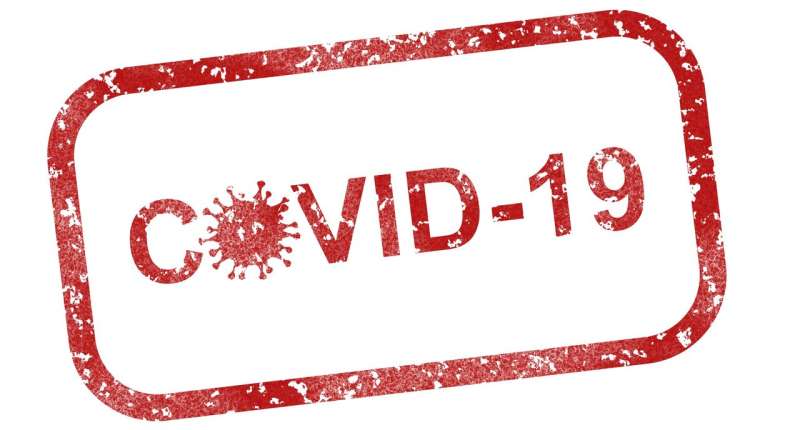Rising COVID Cases This Summer: What You Need to Know About Paxlovid Treatment

Learn about the latest developments on Paxlovid's effectiveness during the summer rise in COVID-19 cases, including current research, costs, and treatment recommendations.
As COVID-19 infections increase across many states during the summer months, questions about the effectiveness of Paxlovid, the primary antiviral treatment, have come to the forefront. Despite its emergency use authorization by the FDA in late 2021 and full approval in 2023, recent research indicates that the drug's effectiveness in real-world settings may not be as high as initially hoped.
Studies from the past year suggest that Paxlovid's ability to prevent severe illness, hospitalization, and death has diminished, especially among individuals who have been vaccinated or previously infected. Data from 2021 clinical trials showed promising results, but these findings do not fully translate to the current scenario in 2025. Infectious disease specialist Dr. David Boulware notes that the original research outcomes are not entirely applicable today, implying minimal benefits for some populations.
The drug, a combination of nirmatrelvir and ritonavir, works by slowing viral replication. It is prescribed as a five-day course of multiple pills, which can significantly reduce the risk of severe COVID-19 outcomes if taken early—preferably within five days of symptom onset. However, the cost remains high, with a five-day course costing around $1,400 or more, though discount programs and insurance coverage can help reduce this burden.
Recent trends show an uptick in COVID-19 cases, likely fueled by holiday travel and large gatherings, especially in southern and western states. Wastewater testing in Minnesota shows a slight increase in coronavirus levels, aligning with patterns from previous years. Despite rising infections, only about 20% of Minnesotans are up to date with COVID vaccination recommendations.
While Paxlovid has proven beneficial for certain at-risk groups, such as older adults and immunocompromised individuals, its overall effectiveness has been questioned. Some studies report modest reductions in hospitalization rates among vaccinated adults, and the benefits appear less pronounced in vaccinated populations.
Pfizer offers discount plans like the PAXCESS program and a Patient Assistance Program to improve accessibility. Nonetheless, the perception of reduced efficacy and high costs have contributed to declining demand. Healthcare providers advise that early treatment remains crucial, and vaccination continues to be the most effective tool in preventing COVID-19.
In summary, while Paxlovid remains a valuable option for certain high-risk patients, its role in the broader population is evolving as new data emerges. Public health officials recommend timely treatment for eligible individuals and emphasize the importance of vaccination, especially during periods of increased viral circulation.
Stay Updated with Mia's Feed
Get the latest health & wellness insights delivered straight to your inbox.
Related Articles
Significant Reduction in Heart Attacks and Strokes Possible Through Better Use of Cholesterol-Lowering Drugs
A new study suggests that millions of preventable heart attacks and strokes could be avoided in the U.S. through increased use of cholesterol-lowering medications like statins, with significant health and economic benefits.
New Insights into the Origin of Lance-Adams Syndrome in the Motor Cortex
A groundbreaking study has identified the motor cortex as the source of myoclonus in Lance-Adams syndrome, paving the way for targeted therapies and improved patient care.
Educational Disparities and Their Impact on Biological Aging
A new study reveals that lower educational attainment accelerates biological aging, widening health disparities among adults over the past 30 years. Addressing educational inequality may be key to promoting healthier aging.



